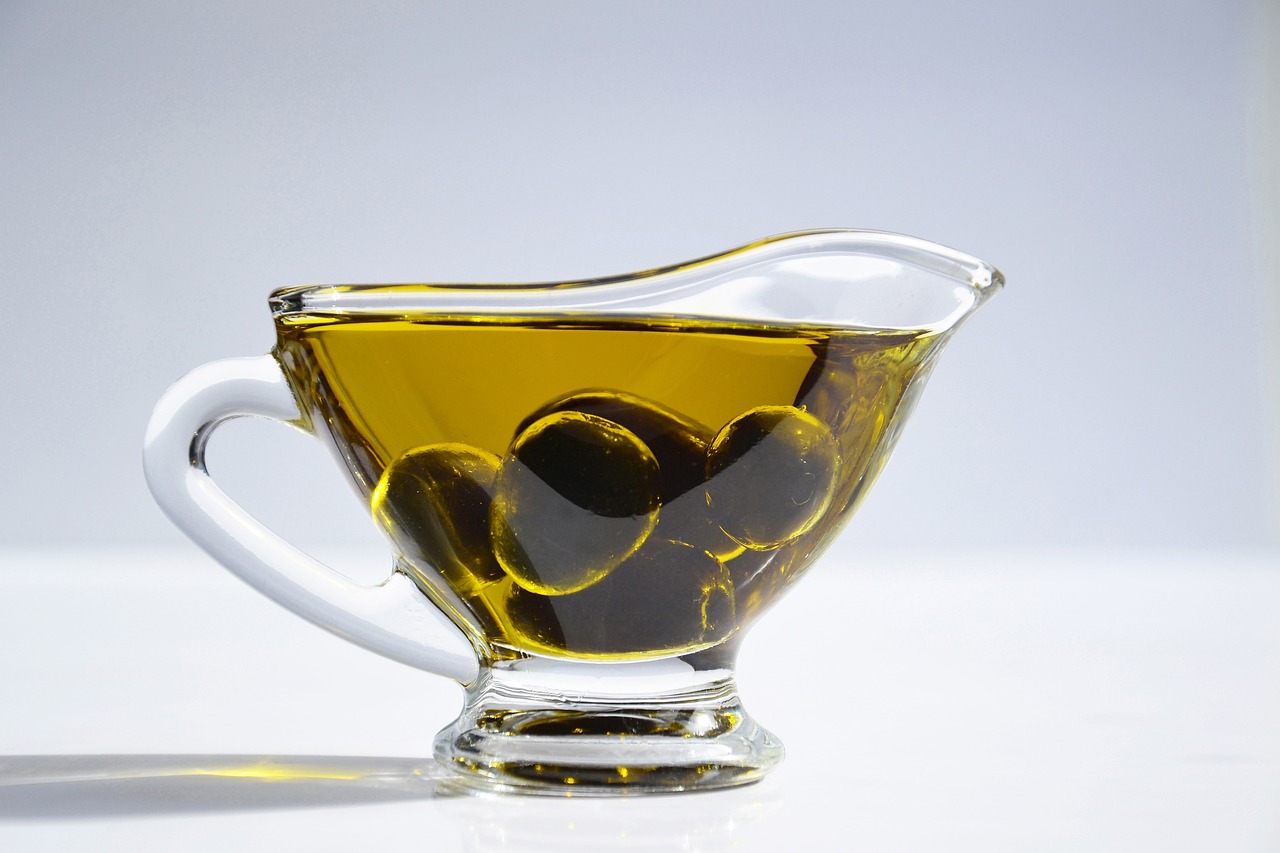The Surprising Health Benefits of Fermented Beverages: From Kombucha to Jun
Fermentation is a natural process that has been utilized for centuries to transform food and beverages. This ancient practice involves the breakdown of sugars by bacteria, yeasts, or other microorganisms, resulting in the production of alcohol, acids, or gases. While the primary purpose of fermentation is to preserve food, it also offers numerous health benefits.
One of the key advantages of fermented foods and beverages is their probiotic content. Probiotics are beneficial bacteria that support the gut microbiome and overall digestive health. Consuming fermented products can help improve digestion, enhance nutrient absorption, and boost the immune system. Additionally, fermentation can increase the bioavailability of certain nutrients and add a unique depth of flavor to foods.
A Brief History of Fermented Beverages
Fermented beverages have been enjoyed by humans for thousands of years. The process of fermentation dates back to ancient civilizations, where people discovered that certain fruits, grains, and even milk could be transformed into delightful and flavorful beverages through the natural action of yeast and bacteria. These early fermented drinks were not only a source of hydration but also played a crucial role in religious ceremonies and social gatherings.
Throughout history, various cultures around the world have developed their unique fermented beverages, each with its distinct flavors and methods of production. From the ancient Egyptians brewing beer to the Chinese crafting rice wine, fermented beverages have been a significant part of human gastronomy and culture. As civilizations interacted through trade and exploration, the knowledge and techniques of fermenting beverages spread across continents, enriching the global tapestry of fermented drinks.







